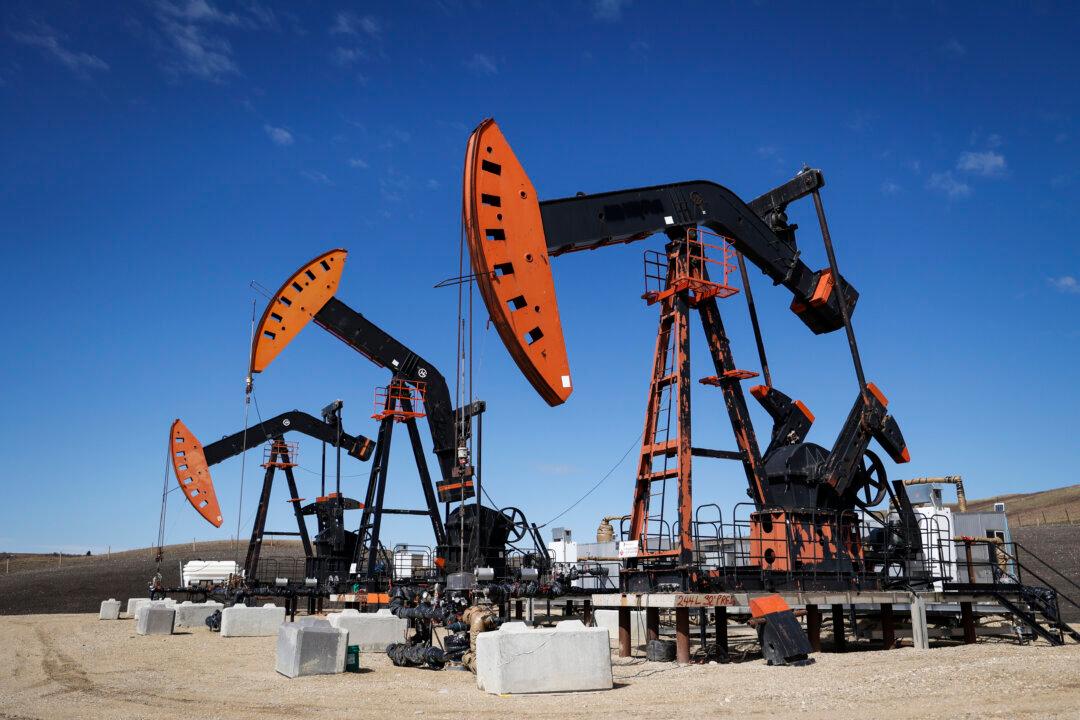The majority of Quebecers are in favour of developing new pipelines for oil and gas to supply Europe and Asia, according to a new poll.
Conducted by Ipsos on behalf of the Montreal Economic Institute (MEI), the poll says that 61 percent of Quebecers are favourable to the development of oil and gas pipelines to ports in Eastern and Western Canada in order to export to Europe and Asia.





